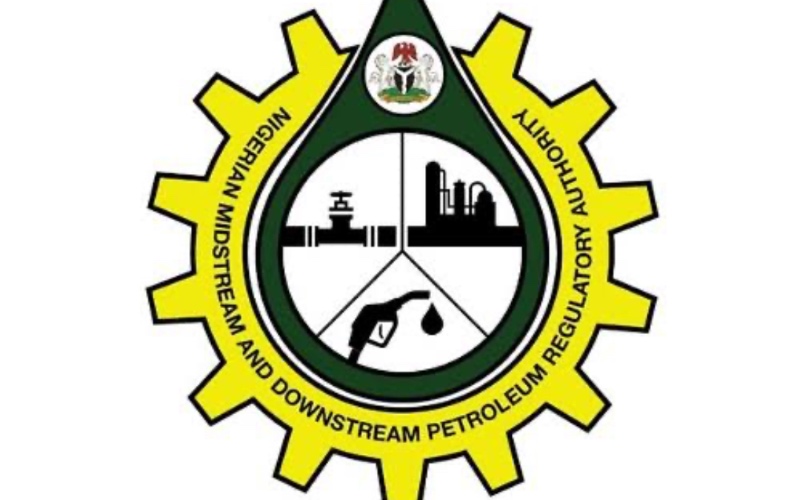In the first major judicial decision on the Petroleum Industry Act 2021, the Federal High Court has affirmed the power of the Nigerian Midstream and Downstream Petroleum Regulatory Authority to impose and collect levies on petroleum products sold in Nigeria.
In an action filed by IHS Nigeria Limited and INT Towers Limited against the NMDPRA, the plaintiffs argued that they were not liable to pay statutory 0.5 percent levies for the ‘Authority Fund’ and the ‘Midstream and Downstream Gas Infrastructure Fund’ on petroleum products they import, NMDPRA stated in a statement issued in Abuja on Sunday.
It stated that the plaintiffs argued that their products were not sold in Nigeria, but rather used for their respective business operations, and therefore not in the category of petroleum products subject to the levies.
The regulator said they also sought for the court to declare two key regulations for the implementation of the PIA void and illegal.
The regulations include the Midstream and Downstream Petroleum Operations Regulations 2023, which define the concept of ‘sold in Nigeria’, and the Petroleum (Transportation and Shipment) Regulations 2023, which sets out the information the NMDPRA may demand from a permit holder.
The plaintiffs, according to the statement, argued that regulations be declared void and illegal on the basis that they overreached sections 47(2) and 57(7) of the PIA and amounted to a breach of the constitutional right to personal property respectively.
“Delivering judgment in the suit on Monday, February 5, 2024, Justice Inyang Ekwo of the Federal High Court Abuja Division, agreed with the arguments of the NMDPRA counsel Dr Emeka Akabogu and affirmed the validity of the Midstream and Downstream Operations Regulations 2023, as well as the Petroleum (Transportation and Shipment) Regulations 2023.
“The court held that the regulations neither overreach nor conflict with sections 47(2)(c) and 57(7)(a) of the PIA which provide for payment of a one percent levy on petroleum products and natural gas sold in Nigeria.
“The court found that the definition of ‘sold in Nigeria’ covers three distinct situations – where the goods are sold ‘fob’ in Nigeria or its territorial waters, where they are loaded or offloaded for sale within a wholesale point in Nigeria, or where the transaction originates, occurs or is concluded in Nigeria,” the NMDPRA stated.
On the implication of the judgment, the regulator said it confirmed the wide discretion granted to the NMDPRA under section 33 of the PIA to regulate the sector through subsidiary legislation.
“It also has a far-reaching impact on natural gas and petroleum products meant for export, which are automatically covered by and subject to the provisions of the MDPO regulations.
“Thus, petroleum producers who sell and export such products are liable to payment of the levies as a precondition for valid export operations,” it stated.
The Nigerian Midstream and Downstream Petroleum Regulatory Authority, established in September 2021, has the mandate of providing a more efficient and effective regulatory framework for the Nigerian petroleum industry.
It is to develop and implement policies and regulations for the midstream and downstream sectors of the petroleum industry, including refining, transportation, storage, and marketing of petroleum products.
The agency establishes technical and commercial regulations for the industry, ensuring safety, efficiency, and environmental sustainability.
On oversight and regulation, the agency issues licenses and permits for midstream and downstream petroleum operations, monitors and enforces compliance with regulations and standards, investigates and addresses complaints and grievances from stakeholders.
SOURCE: PUNCHNG











